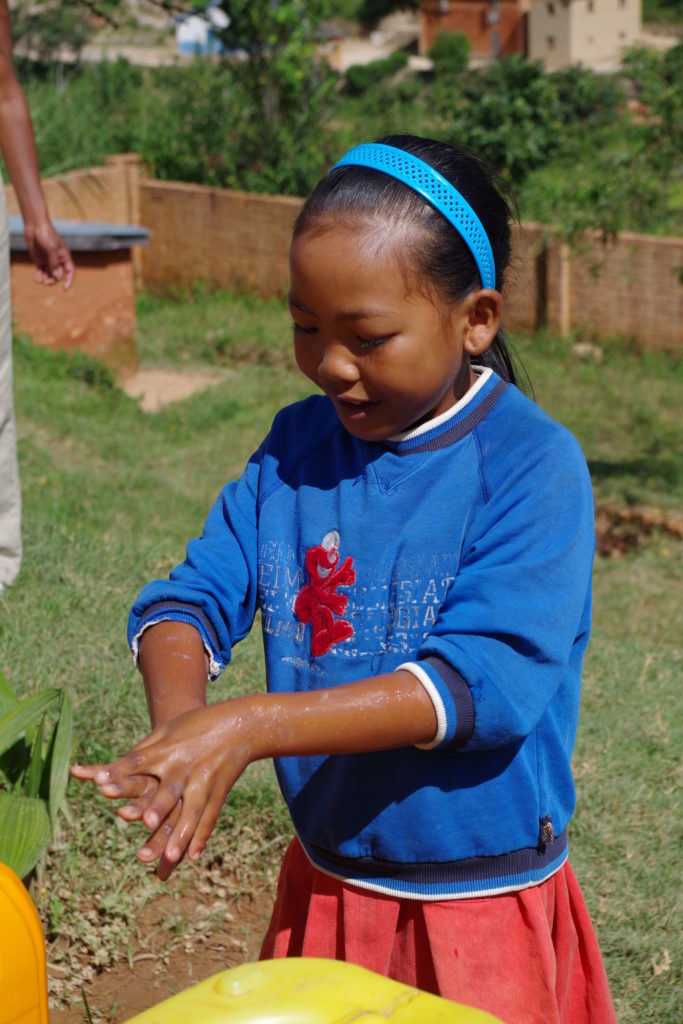Handwashing Policy, Program and Research Implications in New Systematic Review
July 9, 2018
Editorial note: As the High-Level Political Forum convenes in New York this week, we are highlighting some of the ways that Global Handwashing Partnership Members are contributing to progress around Sustainable Development Goal (SDG) 6. To learn more about handwashing in the SDGs, read our advocacy brief. Our first post, from Steering Committee member WSSCC, shares recent findings on WASH behavior change.
By David Trouba, Head, Corporate Communications and Media, Water Supply & Sanitation Collaborative Council (WSSCC)
When the High Level Political Forum on Sustainable Development (HLPF) 2018 convenes in New York from 9-18 July, all aspects of Sustainable Development Goal 6 on Clean Water and Sanitation will be under review, informed in part by a new SDG 6 Synthesis Report 2018 on Water and Sanitation.
In the report, at HLPF and in other coming sector events, attention will focus increasingly on program design and approaches that promote hygiene and handwashing behavior change.

Several approaches have been developed in recent decades that promote the uptake of WASH interventions and sustain WASH behavior change. While the evidence base for WASH interventions in low- and middle-income countries overall is fairly extensive, there is a gap in synthesized evidence about behavior change approaches in WASH interventions. This makes it difficult for program implementers, governments, and others to select evidence-based methods to promote handwashing and other WASH -related behaviors.
The International Initiative for Impact Evaluation (3ie), in partnership with the Water Supply and Sanitation Collaborative Council, funded a systematic review to help to fill this evidence gap. It looked at which promotional approaches might change handwashing and sanitation behavior, and which implementation factors affect the success or failure of such promotional approaches.
Some of the highlights of the systematic review include:
- Interventions to promote sanitation and handwashing behaviour change include community-based approaches, social marketing, messaging and theory-based approaches. These may be provided alongside financing, such as loans.
- A combination of different promotional approaches is required, tailored to the particular implementation context.
- Community-based approaches and social marketing appear particularly effective in reducing open defecation and improving latrine use.
- Sanitation and hygiene messaging is not an effective way of promoting behavior change.
To learn more, read the brief Handwashing and Sanitation Behaviour Change in WASH Interventions, or click here to listen to a recent webinar on the hygiene and handwashing systematic review. Visit WSSCC’s web site to learn more about their work.
Photo: Handwashing promotion in the WSSCC Global Sanitation Fund-supported program in Madagascar. Photo courtesy of WSSCC.